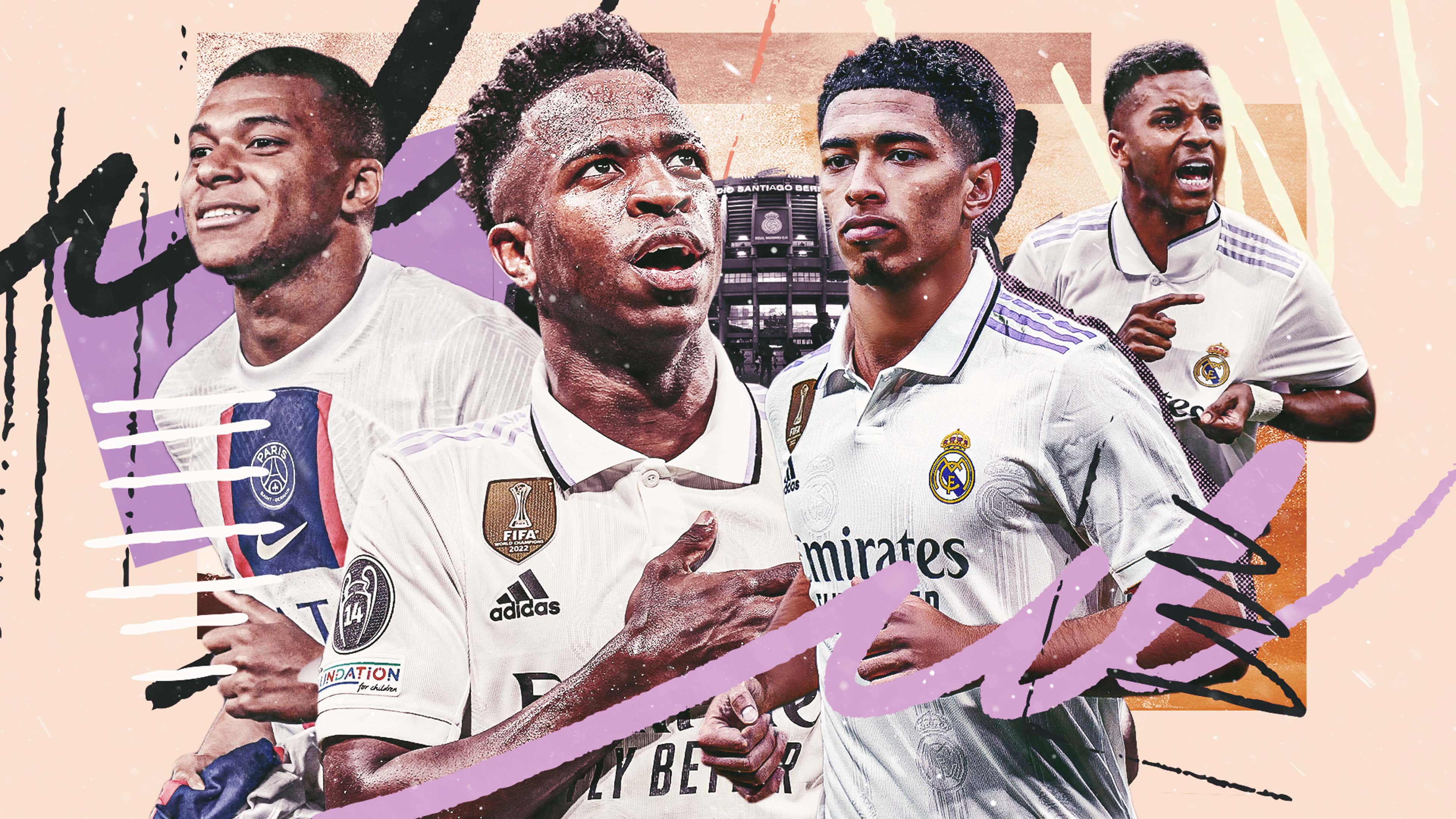Exploring The Real Tabboo: Unspoken Rules And Digital Spaces
Detail Author:
- Name : Dorothea Wisozk
- Username : kling.edward
- Email : ubaldo.deckow@klein.biz
- Birthdate : 1984-06-16
- Address : 6214 McCullough Stravenue Suite 768 Lake Joshuah, AK 96322-4275
- Phone : 1-650-971-0793
- Company : Renner, O'Hara and Steuber
- Job : Transportation Inspector
- Bio : Et aliquid magnam velit et. Aspernatur et rem vero facilis natus. Neque voluptatem quis minima libero. Qui esse et aliquid quia iste.
Socials
instagram:
- url : https://instagram.com/toyr
- username : toyr
- bio : Rerum est asperiores quia libero eveniet nobis qui. Corporis commodi aut alias qui veritatis.
- followers : 4127
- following : 2037
linkedin:
- url : https://linkedin.com/in/rocky2165
- username : rocky2165
- bio : Ut ducimus aliquid iusto voluptates eum error.
- followers : 3686
- following : 2068
Have you ever felt that quiet pull, that unspoken rule, something you just know not to talk about or do, even if no one explicitly said so? That, in a way, is what we call a real tabboo. It is not always about something illegal or openly forbidden; often, it is about the subtle lines we draw, the invisible fences that shape our public and private lives, both offline and when we are online. These unwritten codes, you see, help communities function, setting expectations for how people should act or what they should share.
We often think of taboos as grand, dramatic things, like ancient rituals or deeply shocking acts. But, actually, many real taboos are far more common, a bit more everyday. They show up in how we present ourselves, what we watch, or even the digital spaces we choose to visit. These hidden boundaries shape our comfort zones and what we expect from others around us, online and off. It is rather interesting to think about how these things work.
Consider for a moment how different groups, like those seeking honest opinions on their public appearance or those discussing streaming clone sites, create their own sets of acceptable behaviors and forbidden topics. These distinct communities, sometimes very niche, highlight how varied real taboos can be. What is perfectly fine in one place might be completely out of bounds in another, and that, too, is a big part of what makes these unspoken rules so fascinating to explore.
Table of Contents
- Understanding What Makes a Real Tabboo
- The Social Mirror and Unspoken Rules
- Digital Shadows and Forbidden Zones
- Pushing Boundaries and Personal Spaces
- Niche Interests and Societal Comfort
- Real Tabboo in the Modern Age
- Frequently Asked Questions About Real Tabboo
- Moving Forward with Unspoken Rules
Understanding What Makes a Real Tabboo
So, what exactly makes something a real tabboo? It is quite often about things that challenge our comfort, our sense of order, or our shared ideas of what is right. These can be behaviors, topics, or even ideas that a group, or a wider society, generally avoids or disapproves of. They are not just preferences; they carry a certain weight, a feeling that going against them might bring negative reactions, like judgment or exclusion. For instance, some communities gather for receiving honest opinions to help people appear "passable in the public eye." This suggests a shared understanding of what is considered acceptable, and deviations from that can be, well, a bit of a tabboo.
Think about how conversations around certain topics, perhaps those that touch on very personal or sensitive areas, are often hushed or avoided in general company. This tendency to steer clear of certain subjects, even when they are part of everyday life, shows how these unspoken rules work. The rise of online spaces, with their many different communities, has also shown us new kinds of taboos, some that are very specific to those digital spots. It is almost like each online group creates its own little rulebook for what is okay and what is definitely not.
The Social Mirror and Unspoken Rules
Our daily lives are full of these unwritten rules, often about how we present ourselves or how we interact with others. These are very much a part of what makes up a real tabboo. We learn them from a young age, often without anyone explicitly teaching us. They just seem to be there, guiding our actions and our words, too.
Class and Public Appearance
Consider the idea of looking "very classy" or becoming "passable in the public eye." This goal, mentioned by some groups, points to a strong, unspoken pressure to fit certain appearance standards. There is, in a way, a tabboo against looking "unkept" or "unsuitable" in public settings. People often put a lot of effort into meeting these expectations, as a matter of fact, because the social cost of not doing so can feel quite high. It is not just about personal style; it is about respecting a collective idea of how people should present themselves, especially in shared spaces.
The desire to look "just that pretty girl next door that you've always dreamed about" also speaks to an idealized image, a sort of social aspiration. Falling far short of such widely accepted ideals, or perhaps openly rejecting them, can sometimes feel like a breach of an unspoken social contract. This is not about judgment, but about understanding the quiet expectations that shape how we view others and ourselves. It is a subtle form of social pressure, really.
The Drama of Reality Television
Shows like "Real Housewives of Atlanta" or "Beverly Hills" are, for many, a source of entertainment. Yet, the very nature of these shows, which often highlight conflict, gossip, and very public displays of wealth or personal struggles, touches on other kinds of taboos. While we watch and discuss, there is often an unspoken understanding that such open displays of personal drama, especially the more intense parts, would be quite out of place in our own daily interactions. We enjoy the spectacle, but we also, in a way, reinforce the idea that certain behaviors are best kept private. It is a fascinating line between what we consume for fun and what we consider appropriate for our own lives, you know.
Digital Shadows and Forbidden Zones
The internet, for all its openness, has its own set of real taboos. Some of these are about legality, others about security, and some are about the very nature of what we share or consume online. It is a vast space, so, naturally, it has many hidden corners where different rules apply.
The World of Piracy and Clones
The mention of "Soap2day.to got shut down, but here are some clones that may work for you" immediately brings up the topic of digital piracy. While many people engage in it, and it is widely discussed in certain online circles, it remains a legal and ethical tabboo in the broader sense. Websites offering "warez releases" or discussions about "Fitgirlrepack" also fall into this category. These activities exist in a sort of grey area, openly talked about in specific communities, but generally frowned upon or even prosecuted by legal systems. The ease of access, compared to something like a Netflix subscription, can make these choices seem less serious, but the underlying issue of copyright remains a significant unspoken boundary for many. It is a bit like a secret handshake in some parts of the internet.
The use of services like "real debrid" bundled with "torrentio" also highlights this. While these tools might make it easier to access content, the source of that content often comes from places that operate outside traditional legal frameworks. This creates a kind of "don't ask, don't tell" environment for some users, where the convenience outweighs the consideration of the original content creators' rights. This area, then, becomes a real tabboo for many, a line they would prefer not to cross, or at least not discuss too openly.
Online Security and Hidden Dangers
The warning about "a virus message pops up on my windows computer" after trying to download a program like "tinytask," or the discussion about "9anime mirror sites" baiting users into "getting malware," points to another kind of digital tabboo: unsafe online practices. While people might be tempted by free content or easy solutions, the risks of viruses, malware, or scams are very real. There is an unspoken rule among those who are savvy online to avoid suspicious sites and downloads. Ignoring this rule can lead to significant problems, so, in a way, it is a tabboo against carelessness or ignoring clear warnings. It is a lesson many learn the hard way, sadly.
Pushing Boundaries and Personal Spaces
Some real taboos are about what we are willing to show or do, especially when it involves others. These often touch on very personal boundaries and societal expectations about privacy and public display. They are rather sensitive topics, as you might guess.
Dare Requests and Exhibitionism
The mention of "Dares request, a call for ideas" and a community for "those, who want to watch or like being watched by strangers" speaks to a fascinating, yet for many, a very clear tabboo around exhibitionism and voyeurism. While some individuals find enjoyment in these activities, they are far from universally accepted. For most people, the idea of performing "dares" that push personal boundaries in public, or being watched by strangers without a clear context, crosses a very strong line of privacy and decorum. This is a real tabboo for a lot of people, and it is a good example of how personal comfort plays a big part in these unwritten rules.
Teachers Gone Wild and Professional Lines
The "Teachersgonewild" community, described as "a place for educators to show off their wild side," highlights a particularly strong real tabboo: the crossing of professional and personal boundaries, especially when a position of trust is involved. For many, the idea of educators engaging in such public displays, even if "all content must be oc and we require verification," feels deeply unsettling. There is a very powerful societal expectation that professionals, particularly those who work with children, maintain a certain image and conduct themselves in ways that uphold trust and respect. When these expectations are challenged, it touches on a very significant and widely held tabboo. It is a very sensitive topic, actually.
Niche Interests and Societal Comfort
Sometimes, what is a real tabboo for the majority is simply a niche interest for a smaller group. These specific communities exist because mainstream society often finds their interests too unusual or even disturbing. This shows how diverse human interests can be, and how some things remain very much on the fringes, so to speak.
Exploring Vore Media and Its Space
The description of "This subreddit is for vorarephiles and curious redditors alike to share any type of vore media, or simply to ask any questions relating to the kink" points to a very specific and, for most of society, a very strong real tabboo. Vorarephilia, a sexual fetish involving consumption, is an example of an interest that exists far outside mainstream acceptance. The very concept can be unsettling or confusing for those unfamiliar with it, making it a topic that is almost never discussed openly in general conversation. The existence of dedicated communities for such interests highlights how, even with strong societal taboos, people find spaces to connect over shared, often hidden, interests. It is a clear example of how some things remain very much unspoken in wider circles.
Real Tabboo in the Modern Age
The landscape of what we consider a real tabboo is always shifting, a bit like sand dunes in the wind. What was once completely off-limits might become more openly discussed, and new ones can emerge as society changes. This is particularly true with the rapid growth of online spaces, where new forms of interaction and content constantly test old boundaries. Conversations around digital ethics, personal privacy, and what constitutes appropriate online behavior are always happening. These discussions, in a way, help us figure out where the new lines are being drawn, and what we collectively agree to keep quiet about or avoid. It is a continuous process, you know.
Today, we see a growing awareness of consent, digital footprint, and the impact of online actions. This means that some behaviors that might have been ignored in the past are now being challenged, and new unwritten rules are forming. The idea of a "real tabboo" is not fixed; it moves with us, reflecting our evolving values and concerns. It is a fascinating thing to observe, as a matter of fact, how these things play out in our daily lives and online interactions.
Frequently Asked Questions About Real Tabboo
Here are some common questions people often have about these unspoken rules and boundaries.
What makes something a real tabboo?
Something becomes a real tabboo when a group or society generally agrees it is something to avoid, either discussing it or doing it. This avoidance often stems from feelings of discomfort, moral disapproval, or a sense that it goes against shared values. It is not always a written rule, but more of a collective understanding that shapes behavior. For example, some things are just not said in polite company, you know.
How do real taboos affect online communities?
Real taboos shape online communities by setting unspoken rules for what is acceptable content, behavior, and discussion. They influence what gets shared, what is considered private, and what might lead to a user being excluded or criticized. Different communities have their own unique sets of these rules, which means what is fine in one online spot might be very much a tabboo in another. It is a bit like having different customs in different towns, in a way.
Can real taboos change over time?
Yes, absolutely. Real taboos are not set in stone; they can and do change over time. As societies evolve, as new technologies emerge, and as people's values shift, what was once considered strictly forbidden might become more accepted, or new taboos might appear. For instance, conversations around mental health are much more open today than they were decades ago, showing a shift in what was once a quiet topic. It is a continuous process of adjustment, really.
Moving Forward with Unspoken Rules
Understanding real taboos, whether they are about how we look, what we watch, or the hidden corners of the internet, gives us a better sense of how communities work. It shows us the subtle forces that guide our interactions and the quiet boundaries that define our comfort. By recognizing these unspoken rules, we can better appreciate the diverse ways people live and connect, both in public and in more private digital spaces. It is about seeing the world with a little more clarity, perhaps, and understanding the varied paths people take. You can learn more about community standards on our site, and for more insights, link to this page exploring digital ethics.
Thinking about these real taboos helps us consider our own actions and how they fit into the wider world. It encourages a kind of quiet reflection on what we value and what we choose to keep private or share. These unspoken agreements, you see, are a big part of what makes us human, shaping our social fabric in ways we often do not even notice. They are always there, guiding us, and it is quite interesting to think about their quiet influence. For more information on societal norms and their impact, you might look at resources from organizations like the American Psychological Association.

Real Madrid wallpaper | 1920x1200 | #56525

Real Madrid 2023 Wallpapers - Top Free Real Madrid 2023 Backgrounds

Real Madrid 2023: Jude Bellingham, Kylian Mbappe, Vinicius Jr and the